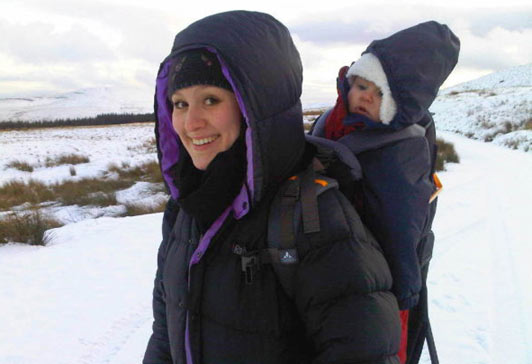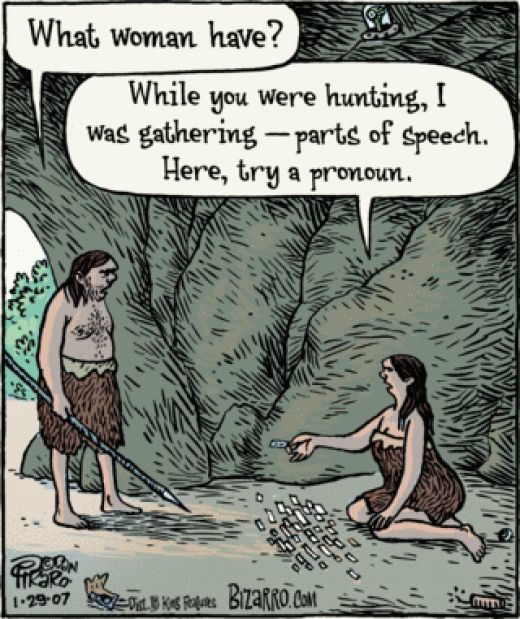For children who are born and live in high altitude regions, researchers have discovered a link between extreme altitudes and developmental delays. This may lead to an increased need for speech therapy techniques and practitioners in the affected areas. The study, by Dr. George Wehby, Professor of Health Management and Policy at University of Ohio, analyzed the developmental health of over 2,100 South American children looking for neurodevelopmental issues. The findings were staggering.
See Spot Run! Give Your Child a Reading Boost with Kids’ Games
NewsSpeech-language pathologists (SLPs) have long known that early intervention with speech therapy techniques is critical for encouraging the best possible outcome for children with speech disorders. This is particularly true for youngsters with autism; they typically progress more with speech and language when they receive early and intense therapies. And parents everywhere have also long known that encouraging kids – even those without speech delays or disorders – to read early and often is ideal for language development. But teaching kids to read has progressed just a tad since the popular Dick and Jane series with its ubiquitous catchphrase, “See Spot run!” (Did you know that Spot was originally a cat when the series was first published in the 1930s?) Now, researchers are adding further proof to the idea of using kids’ games to encourage early literacy and language development.
Is It a He Or a She?!? Speech Therapy Activities for Pronouns!
Speech Therapy TechniquesWith so many speech therapy activities that emphasize articulation, fluency, and pragmatic language use, pronouns can sometimes get overlooked. Does your youngster mix up his “he’s” and “she’s?” It’s perfectly normal for a young child to occasionally mix up pronouns, and remember that every child’s language development is different. The typical toddler will begin to learn more nouns and pronouns when he reaches 24 to 36 months of age. When your kidlet is 24 months old, he will typically begin to use “I,” “me,” and “you” correctly; however, it’s common to mix up the “I” and “me.” He’ll likely master it by the time he reaches the ripe old age of 36 months. But you can help encourage your child’s language development and correct his pronoun usage with at-home speech therapy techniques. Collaborate with your youngster’s speech-language pathologist (SLP) for age-appropriate techniques, and check out our suggested speech therapy activities below for inspiration.
Raising a Young Vermonter? Check Out These Special Needs Resources
State ResourcesThe Green Mountain state is a beautiful place to raise a family. In particular, I’ve always enjoyed the view from Mount Equinox, especially when the fall foliage is at its peak. But depending on where you live, it may be a little more difficult to find speech therapy resources and other special needs resources than it would be if you lived in a huge metropolitan area like New York City. When in doubt, contact your local school district for assistance. Ask them about government-funded programs, private school programs, and other special needs resources like advocacy groups and support groups. And check out our list below to help you get started.
Special Needs Kids in Tallahassee: Finding Resources in the Sunshine State
State ResourcesSunny, humid Tallahassee is a center of trade in Florida. It’s come quite a long way since General Andrew Jackson fought skirmishes there during the First Seminole War. Today, it’s home to several colleges (Go Seminoles!) and the Tallahassee area offers numerous resources for families with special needs kids. You can also take advantage of statewide resources, like the Exceptional Education & Student Services agency of the Florida Department of Education.





